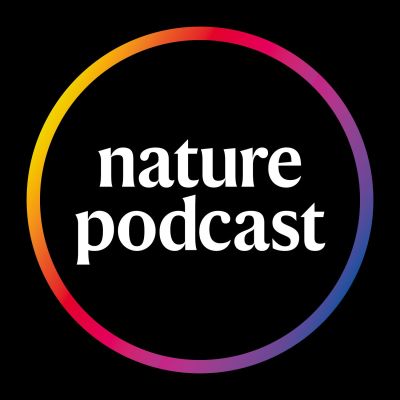The Nature Podcast brings you the best stories from the world of science each week. We cover everything from astronomy to zoology, highlighting the most exciting research from each issue of the Nature journal. We meet the scientists behind the results and provide in-depth analysis from Nature's journalists and editors. Hosted on Acast. See acast.com/privacy for more information.
http://www.nature.com/nature/podcast
Gesamtlänge aller Episoden: 12 days 21 hours 35 minutes
Keys, wallet, phone: the neuroscience behind working memory
Brain areas work in tandem to temporarily store important information, and an aurora on a cool brown dwarf.
The 'ghost roads' driving tropical deforestation
Researchers find that a huge number of roads that don’t appear on official maps, and the protein that could determine whether someone is left-handed.
Audio long read: Why are so many young people getting cancer? What the data say
Researchers are scrambling to explain why rates of multiple cancers are increasing among adults under the age of 50.
Pregnancy's effect on 'biological' age, polite-birds, and the carbon cost of home-grown veg
We roundup some recent stories from the Nature Briefing.
How climate change is affecting global timekeeping
Melting polar-ice could delay major time adjustment, and the strange connection between brain inflammation and memory.
AI hears hidden X factor in Zebra finch love songs
Machine learning detects song differences too subtle for humans to hear, and physicists harness the computing power of the strange skyrmion.
Killer whales have menopause. Now scientists think they know why
Data suggests menopause evolved to enable older female whales to help younger generations survive, and how researchers made a cellular map of the developing human heart.
These tiny fish combine electric pulses to probe the environment
Elephantnose fish share electric pulses to extend their senses, and the bumblebees that show a uniquely human trait.
Could this one-time ‘epigenetic’ treatment control cholesterol?
Regulating gene expression lowers blood cholesterol in mice, and how the Universe’s cosmic fog was lifted.
Audio long read: Chimpanzees are dying from our colds — these scientists are trying to save them
Endangered apes are increasingly being put at risk by human diseases.
